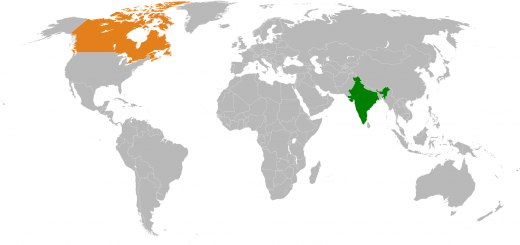Christie: A Recap
Last Friday, the Supreme Court of Canada (“SCC”) released their decision on British Columbia (Attorney General) v. Christie, 2007 SCC 21 [Christie], just two short months after the hearing. Although some had hoped that this would be a shining moment for the SCC in championing the cause of access to justice, the court instead, in a short 30-paragraph judgment, rejected the British Columbia Court of Appeal’s view that access to legal services was a protected right correlative to the unwritten constitutional principle of the rule of law. Notably, the judgment was penned by ‘THE COURT’, as the SCC shows its solidarity in backing this position.
Here at The Court, we’ve been following this case closely. Considering the hope that many had for this decision, a revisit of some of the previous discussions might be helpful in understanding the implications. At around the time of the hearing, Jodi Martin posted on what the implications on access to justice could have been here. Also, a lively debate followed Julie Lanz’s post on the implications for the use of unwritten constitutional principles here.
Yesterday, Professor Richard Haigh canvassed the SCC’s decision here, where he commented,
The shame in all this is that Christie felt compelled to frame the case as involving the issue of a general constitutional right to representation under the rule of law, as opposed to arguing that the tax discriminated against the impoverished.
Indeed, my personal hope was that the SCC would have adopted the reasoning of the Chambers judge in finding a constitutional right to access to justice as per John Cartern Personal Law Corp. v. British Columbia (Attorney General) (1997), 40 BCLR (3d) 181 (CA) (leave to appeal denied [1998] 2 SCR viii), and just found the tax ultra vires to the extent that it affects low-income persons. Possibly within a s.1 analysis, the scope of the right could perhaps have been metered easily by looking at an individual’s tax return.
I suppose this is all just wishful thinking at this point. As Professor Haigh points out,
The SCC seemed to ignore the practical reality that the tax will affect some people more than others. Since it found that there is no “general constitutional right to counsel in proceedings before courts and tribunals dealing with rights and obligations” (para 27) some rights litigants in BC may have to represent themselves in the courts – obviously, the “some” will largely be the poor.







Join the conversation